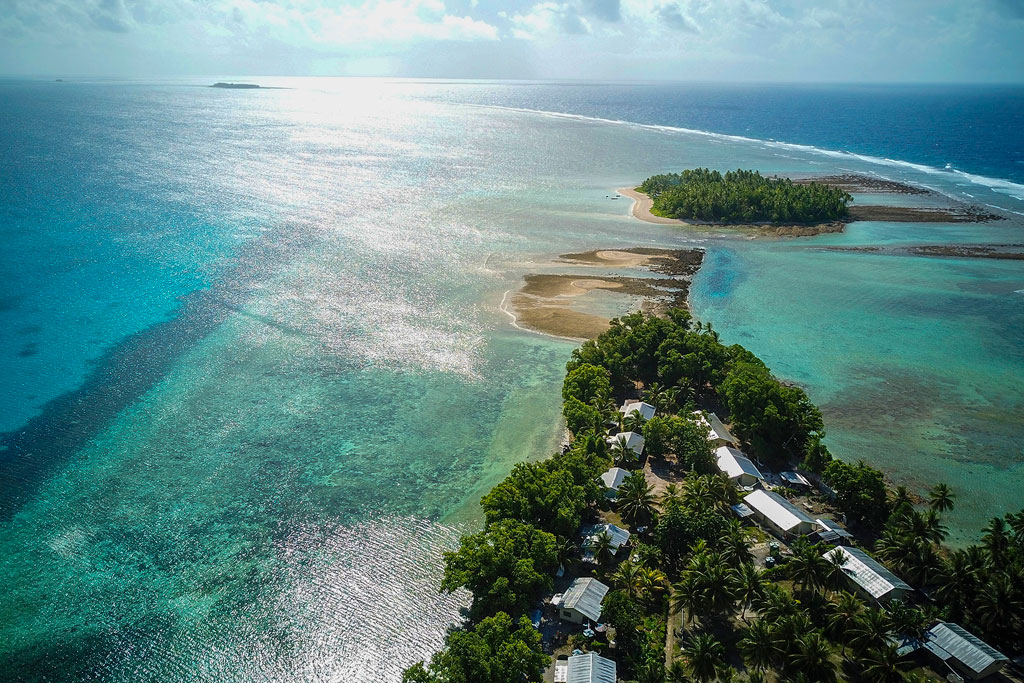Tuvalu has ratified the Comprehensive Nuclear-Test-Ban Treaty (CTBT)last week.
Given this momentous occasion, Tuvalu’s Foreign and Justice Minister Simon Kofe has made the following statement of support and encouragement: “Our Pacific region has suffered from the effects of decades of nuclear testing. By ratifying the Comprehensive Nuclear-Test-Ban Treaty (CTBT), Tuvalu is reiterating its commitment to the elimination of all nuclear tests, everywhere.”
The CTBT bans test explosions of nuclear weapons and any other nuclear explosions in all environments, and this year marks the treaty’s 25th anniversary.
After years of work by the International Campaign to Abolish Nuclear Weapons, the TPNW was adopted at a United Nations conference in 2017 by 122 of the UN General Assembly’s 192 members. The treaty has now been signed by 86 countries and ratified by 59, with more ratifications in process. So far, none of the world’s nine nuclear-armed nations have signed it, and three – the U.S, the United Kingdom, and France – have declared they will never ratify it.
The very first nation state to ratify the Treaty on the Prohibition of Nuclear Weapons was the Vatican. On 20 September 2017, the Secretary for the Holy See’s Relations with States signed the treaty at UN Headquarters in New York and at the same time, handed over the instruments of ratification.
The treaty bars its signatories from developing, testing, producing, manufacturing, transferring, possessing, stockpiling, using or threatening to use nuclear weapons, or allowing them to be stationed on their territory, or helping, encouraging, or pressing anyone to do so. It also commits them to aid victims of nuclear testing and to help restore contaminated sites.
SOURCE: TUVALU GOVT/ PACNEWS














